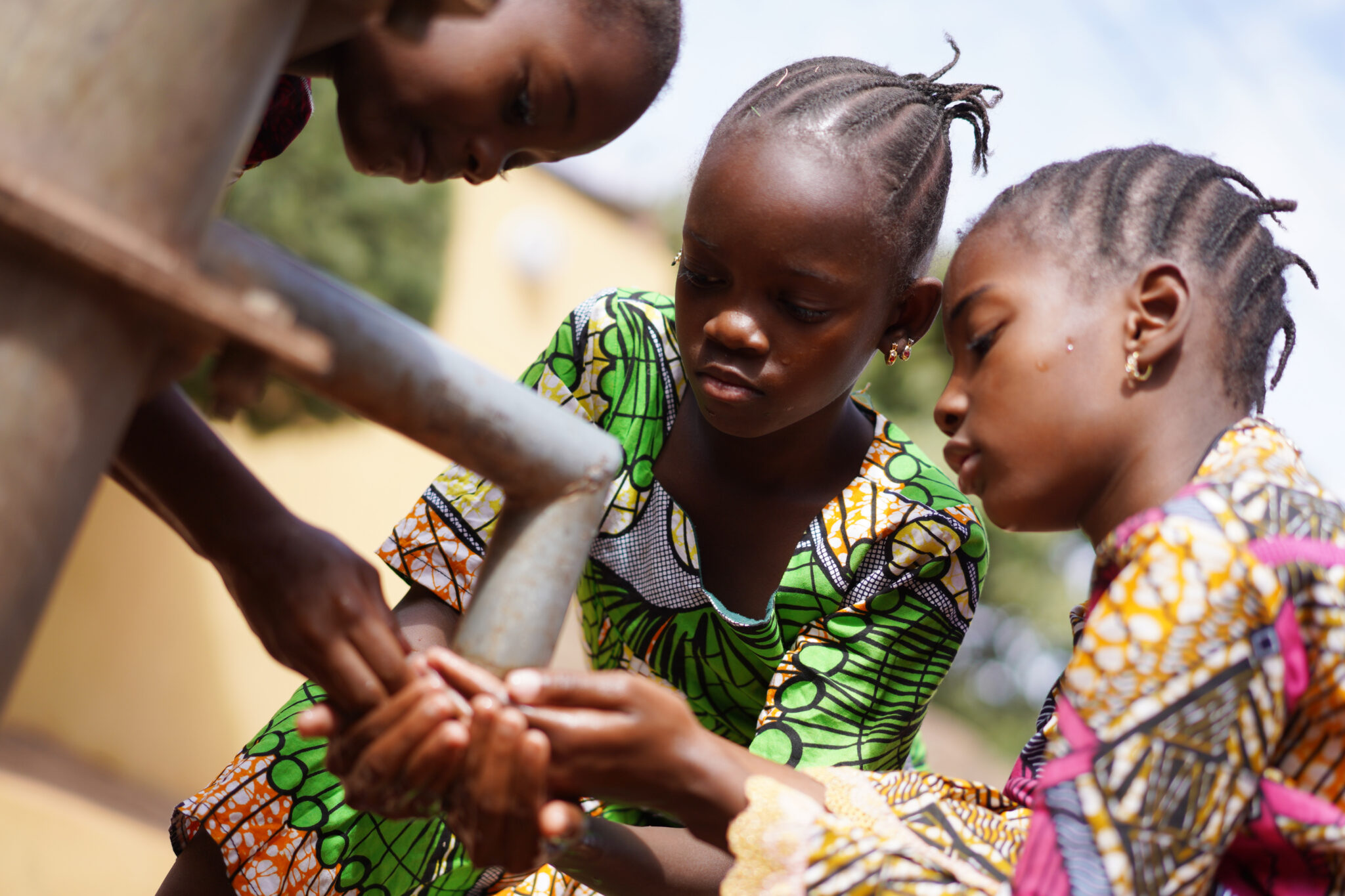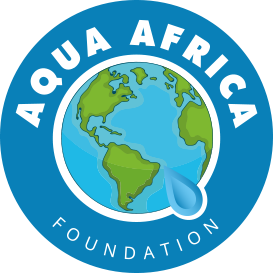
More than 40% of the world’s population lives in regions where water is becoming increasingly scarce and that figure is likely to rise.
Every day, nearly 1,000 children die from preventable water and sanitation-related diseases. Water supplies are increasingly threatened by climate change, overuse, and pollution.
The progress for harnessing fresh water for growing food and fiber for public consumption is happening however, experts note three areas where progress is lagging. First, rising water demands are not being met, in a large part, because of climate change. Second, money being spent in many countries to improve water suppliy tends to enrich global engineering firms that build infrastructure and still supplies remain inadequate. Lastly, drugs, personal care products, and other common household goods are being disposed of into public water systems poisoning the already existing water supply.
These problems are daunting but can be corrected if water agencies and government officials engage the public, heed evidence-based advice from experts and exercise political leadership. Hitting the problem head-on is the way to progress.
with information from https://nationalinterest.org/blog/buzz/how-coronavirus-crisis-highlights-need-clean-water-135547




